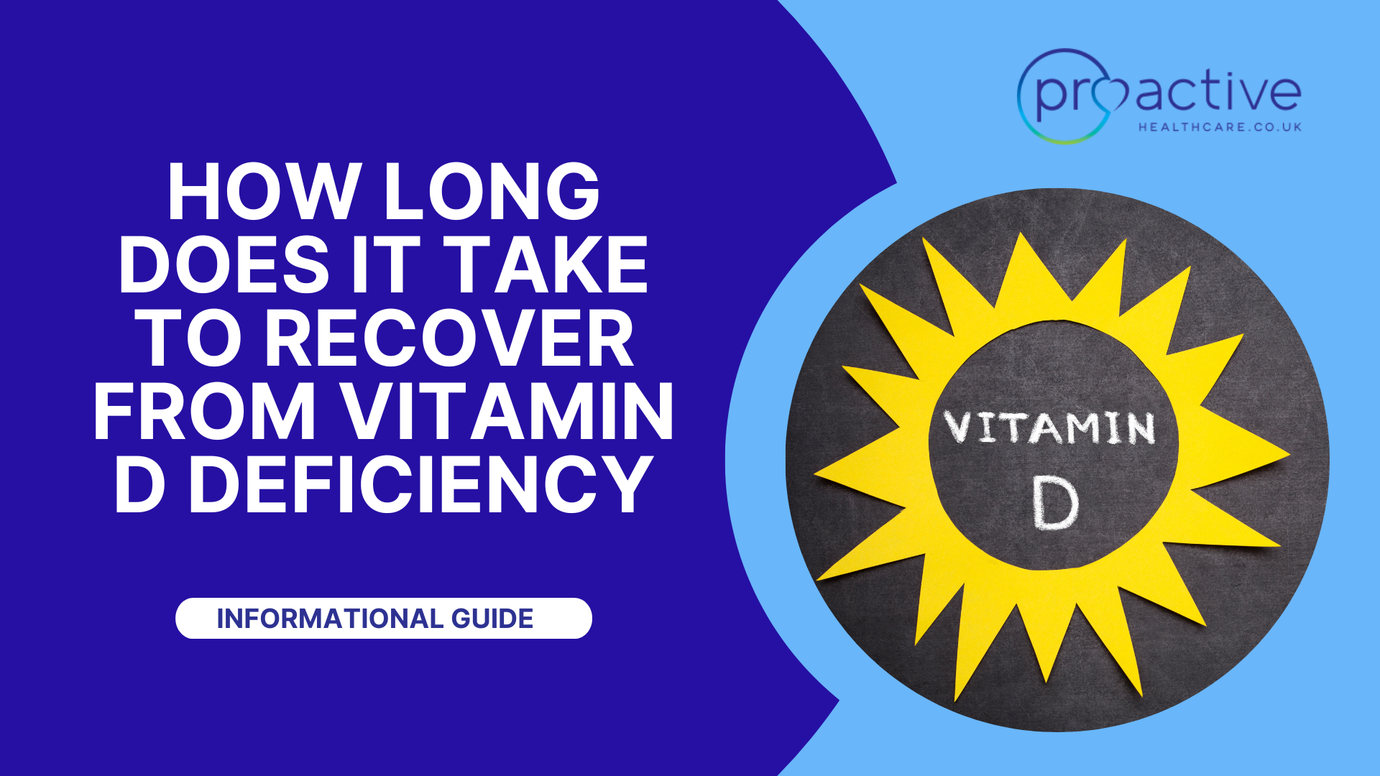Prebiotics vs. Probiotics: What’s the Difference?

Gut health has become a big talking point in recent years. One common question that pops up is: What’s the difference between prebiotics and probiotics?
Both are important for a healthy digestive system, but they do different jobs. This guide will help you understand what each one does, how they work together, and how to choose the right supplements.
Prebiotics vs. Probiotics

Prebiotics and probiotics both play important roles in gut health, but they work in different ways. Understanding how they differ can help you choose the right approach to support your digestive system and overall wellbeing.
What Are Probiotics?
Probiotics are live bacteria and yeasts that support your digestive health. While the word “bacteria” might sound negative, your gut actually needs a variety of good microbes to stay in balance.
Probiotics help restore that balance, especially after antibiotics, illness, stress, or changes in diet. They can aid digestion, reduce bloating, and support your immune system.
You’ll find probiotics in fermented foods like:
-
Yoghurt with live and active cultures
-
Kefir
-
Sauerkraut
-
Kimchi
If these foods aren’t part of your routine, probiotic supplements offer a reliable alternative. They usually contain multiple strains, measured in CFUs (colony-forming units), to ensure a consistent dose.
At Proactive Healthcare, we stock a wide range of high-quality probiotics to support everything from gut health to general wellbeing.
What Are Prebiotics?
Prebiotics are types of fibre that feed the good bacteria already in your gut. Unlike probiotics, which are live bacteria, prebiotics are non-digestible fibres that act as fuel for your gut microbes.
They travel through the digestive system to the colon, where friendly bacteria ferment them. This helps beneficial microbes grow and stay active, supporting smoother digestion and overall gut balance.
You’ll find prebiotics in foods like:
-
Garlic
-
Asparagus
-
Bananas
-
Oats
If your fibre intake is low, or you want added support, prebiotic supplements can help. In short, prebiotics support the bacteria you already have, helping your gut function at its best.
The Main Differences
Still unsure which is which? Here’s a simple breakdown:
-
Probiotics are live bacteria that you can add to your gut through food or supplements.
-
Prebiotics are fibres that help the good bacteria already in your gut thrive.
-
Probiotics support gut balance, especially when it’s been disrupted.
-
Prebiotics encourage long-term gut health by feeding beneficial bacteria.
When considering probiotics and prebiotics, remember they’re not interchangeable, but they work well together. Including both in your diet can have a beneficial effect on your gut and overall health, with a range of health benefits supported by current research.
When to Take Prebiotics or Probiotics

Not sure when to add prebiotics or probiotics to your routine? Here’s a simple way to think about it: listen to your gut. Literally.
Remember, maintaining a balanced diet and a healthy diet, especially one rich in fibre and diverse plant foods, plays a crucial role in supporting gut health. Below are common signs and situations where each one can make a difference.
Feeling Off After Antibiotics?
Probiotics can help rebalance your gut.
Antibiotics are great at wiping out harmful bacteria, but they also take some good bacteria with them. This can leave your gut feeling out of sync, causing bloating, discomfort, or changes in your toilet habits.
A high-quality probiotic supplement can help restock your gut with beneficial strains, restore balance to your gut microbiome, and support the community of gut microbes. Many people notice improvements within just a few days of consistent use.
Struggling With Bloating or Irregularity?
Time to call in the probiotics.
If you’re feeling gassy, bloated, backed up, or experiencing other digestive issues, it might be a sign that your gut bacteria need a boost. Probiotics can help regulate digestion, reduce discomfort, and support more regular bowel movements.
Look for multi-strain formulas designed for digestive comfort. Certain probiotic strains have been studied for their effects on IBS symptoms and irritable bowel syndrome (The Lancet), but results can vary from person to person. These are especially helpful if your symptoms seem to come and go without an obvious cause.
Some probiotic strains are better than others when it comes to easing bloating and gas. We’ve broken it down in our guide to the best probiotics for bloating and gas; worth a look if your gut’s been giving you grief.
Travelling Soon or Just Got Back?
Probiotics are your travel buddy.
Changes in water, food, and routine can throw your gut off balance when you’re away from home, often leading to digestive issues. Exposure to new environments may also introduce harmful bacteria that can disrupt your gut health.
Probiotics are often recommended before, during, and after travel to help support your digestive system, reduce the risk of “holiday tummy”, and support your immune system during travel.
Shelf-stable capsules are ideal because they don’t need to be refrigerated and can be packed easily.
Not Getting Enough Fibre?
Prebiotics can give your gut bacteria something to chew on.
A low-fibre diet leaves your good bacteria without much to feed on. When that happens, they can weaken or die off, leading to bloating, sluggish digestion, or reduced immunity. Including prebiotic supplements and foods, such as fruits, vegetables, and whole grains, helps support gut microbes by providing the nutrients they need to thrive.
Prebiotic fibres—like inulin or FOS (fructooligosaccharides)—encourage these bacteria to grow and do their job properly. As gut microbes ferment prebiotics, they produce short chain fatty acids, which help regulate blood sugar and provide a health benefit by supporting gut barrier function and reducing inflammation. Whether you eat more high fiber foods or take a supplement, your gut will thank you.
Already Taking Probiotics?
Don’t forget their favourite food: prebiotics.
Think of it like this: probiotics are the seeds, and prebiotics are the fertiliser. If you’re investing in a good probiotic supplement, it makes sense to also support their survival with prebiotic fibres. Including both prebiotic and probiotic foods in your diet is important for maintaining a balanced gut.
Some supplements combine both (these are called synbiotics), but you can also eat more garlic, onions, leeks, and oats to help your friendly bacteria thrive. Supporting your gut microorganisms with this combination can provide significant health benefits.
And the benefits go beyond digestion. Your gut and brain are deeply connected via the gut-brain axis. A healthy gut can positively influence mood, stress levels, and even cognitive function.
In fact, around 90% of your serotonin (the feel-good hormone) is produced in the gut (Cleveland Clinic). So nurturing your microbiome isn’t just good for your tummy; it could help keep your mind feeling its best too.
Trying to Improve Regularity?
Prebiotics can get things moving.
If you’re dealing with sluggish digestion, prebiotics may be more helpful than you think. They support a healthier gut environment, which can lead to more comfortable and regular bowel movements over time. Prebiotics are fermented by gut bacteria in the large intestine, producing short chain fatty acids that help support gut health and regularity.
They’re not a quick fix, but with consistent use, they can support longer-term gut balance.
Individuals with inflammatory bowel disease should consult their healthcare provider before increasing prebiotic intake, as tolerance can vary.
5 Top Probiotic Supplements to Support Your Gut Health
At Proactive Healthcare, we stock a carefully selected range of high-quality probiotic supplements. Here are a few of our customer favourites:
1. Proflora4R Restorative Probiotic Combination
Proflora 4R offers a blend of multiple beneficial bacterial strains designed to restore gut balance and support healthy digestion. It’s a great choice if you want a broad-spectrum probiotic to help maintain your digestive wellbeing.
2. MegaSporeBiotic
The spore-based probiotics from Microbiome Labs are known for their durability and ability to survive stomach acid. MegaSporeBiotic Plus combines spores with additional supportive ingredients, while MegaSporeBiotic Spore Only focuses purely on spore-forming bacteria. Both are ideal after antibiotics or periods of digestive stress.
3. SuperHMO Synbiotic
SuperHMO Synbiotic combines human milk oligosaccharides (HMOs) with probiotics, offering a twofold benefit. It nourishes your existing gut bacteria while introducing new beneficial microbes, supporting long-term gut health.
4. Bio-Me Femme V
This probiotic is specially formulated to support vaginal and urinary tract health. Bio-Me Femme V helps maintain a balanced microbial environment in women, promoting comfort and wellbeing.
5. Restorflora by Microbiome Labs
Restorflora pairs spore-forming bacteria with beneficial yeasts to support both digestive health and immune function. This combination provides a comprehensive approach to maintaining gut balance.
Final Thoughts: Keeping Gut Health Simple
The prebiotics versus probiotics conversation doesn’t have to be complicated. They both serve a purpose. One feeds your existing good bacteria. The other helps top them up when they’re running low.
If you want to support your gut on a daily basis, try incorporating both into your routine. Start with a quality probiotic supplement and make sure your diet includes fibre-rich foods.
Browse the full probiotic collection at Proactive Healthcare or contact us and find what works for you.
Your gut will thank you.
Disclaimer: This content is for informational purposes only and does not constitute medical advice. Always consult a qualified healthcare professional before making changes to your diet, supplement routine, or healthcare plan. Products mentioned are not intended to diagnose, treat, cure, or prevent any disease.













